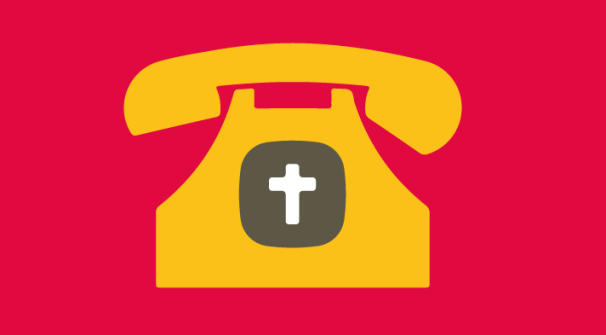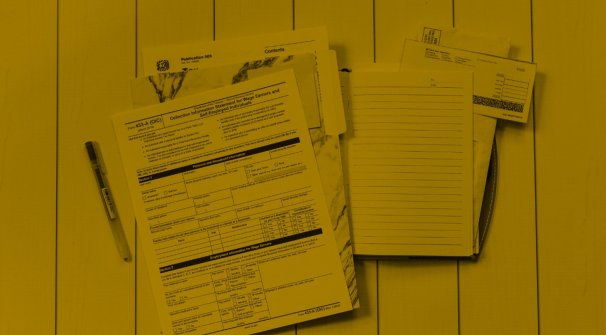The income tax personal allowance and tax bands have been frozen since April 2021 and the Chancellor announced in the Autumn Statement that this freeze would continue until April 2028.
But what has this got to do with you as church treasurers?
This tax threshold freeze actually amounts to a significant rise in income tax. Between now and 2028, wages will grow but the thresholds won’t increase. So more people will come into the income tax net and more people will be paying tax at the 40% or 45% rate.
What should treasurers do?
Perhaps you have donors who are on lower incomes and have previously told you that they aren’t taxpayers. You might want to proactively contact them, to check whether they are now eligible for Gift Aid. In fact, we recommend that you review all Gift Aid declarations periodically anyway. As you’ll know, obtaining a Gift Aid declaration will boost the value of a gift by 25%, so this could be very worthwhile.
What about donors who are newly entering the higher or additional rate taxpaying bands? In our experience, many are not aware that they need to reclaim their higher or additional rate Gift Aid relief personally through their own tax return. HMRC’s research showed that only 22% of eligible donors reclaim higher or additional rate relief, often because of a perception that it’s too difficult.
When you provide information about tax-efficient giving, perhaps on your church website or as part of a finance update to your members, are you reminding your donors about higher and additional rate Gift Aid relief?
And if your donors find this relief too difficult to claim, you could point them to the Stewardship Donor Advised Fund. If your donor organises all of their giving using Stewardship, they can easily collate the information they need for their tax return each year.
As well as freezing income tax thresholds, the Chancellor also announced a severe reduction to the Annual Exempt Amount for Capital Gains Tax. This means that those who are selling shares or property are likely to face a higher CGT bill. So we’d expect more donors to consider funding their giving with shares or property rather than gifted aided cash.
If your church or charity doesn’t have the capacity to handle gifts of shares or property, we’d love to help you. Our Philanthropy team can facilitate the gift for the donor and then grant the funds to your charity at their request.
The Chancellor also froze the tax-free amount for Inheritance Tax purposes until 2028. This means that more estates will have to pay Inheritance Tax. So we’d expect more enquiries about charitable legacies and charitable deeds of variation, including variations to qualify for the reduced rate of inheritance tax by tithing the estate. Again, this is something that our Philanthropy team would love to help you with, so please do get in touch.
Sharpen
Quarterly emails for trustees, treasurers and Church and Charity Leaders. Practical tools, technical resources and expert guidance to safeguard your mission and ministry.











